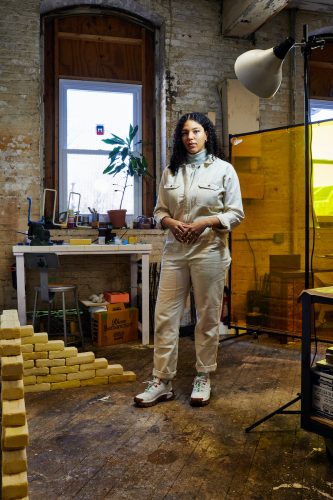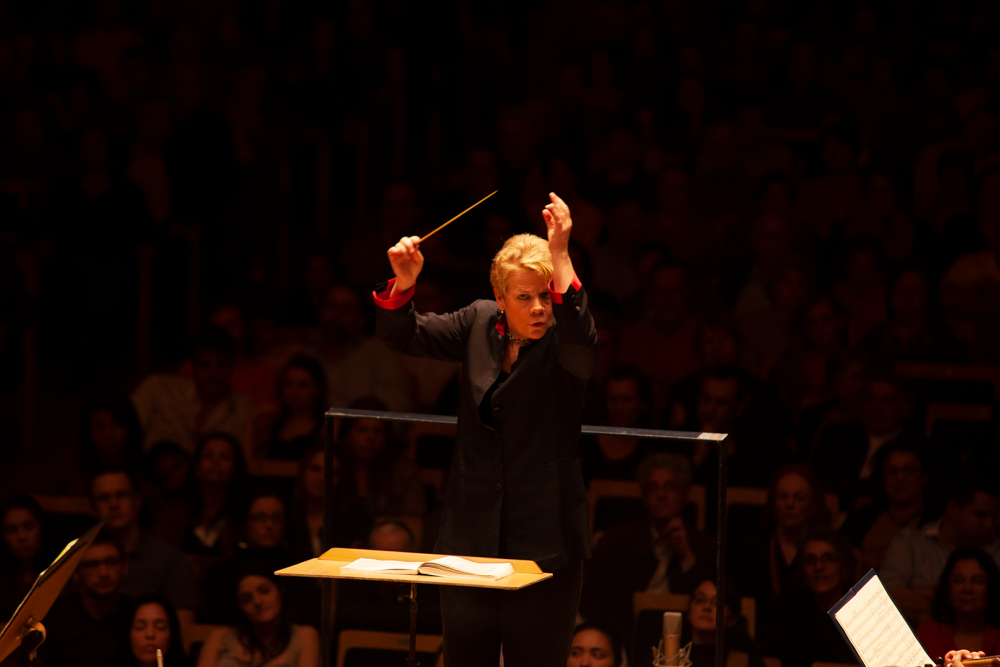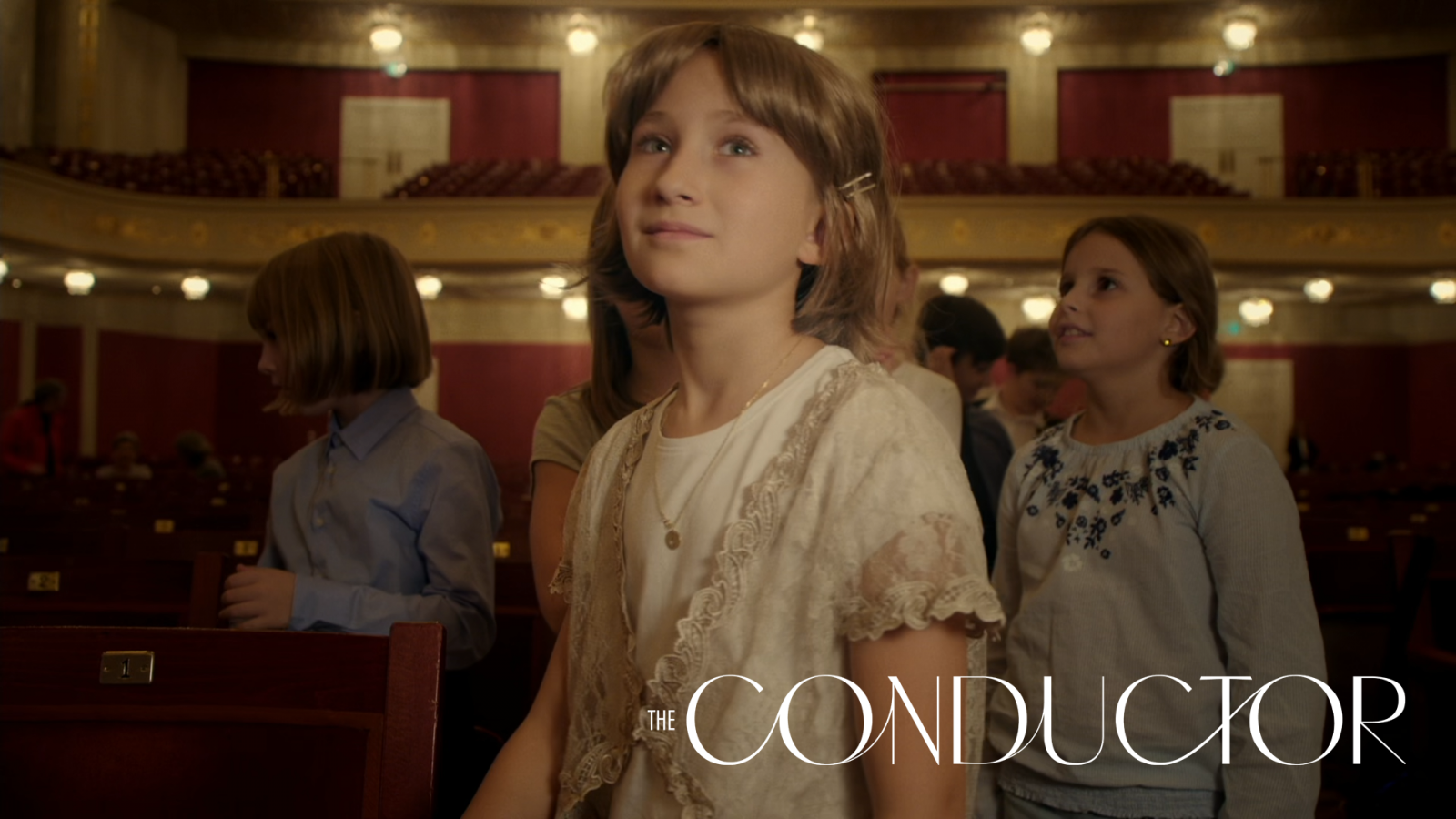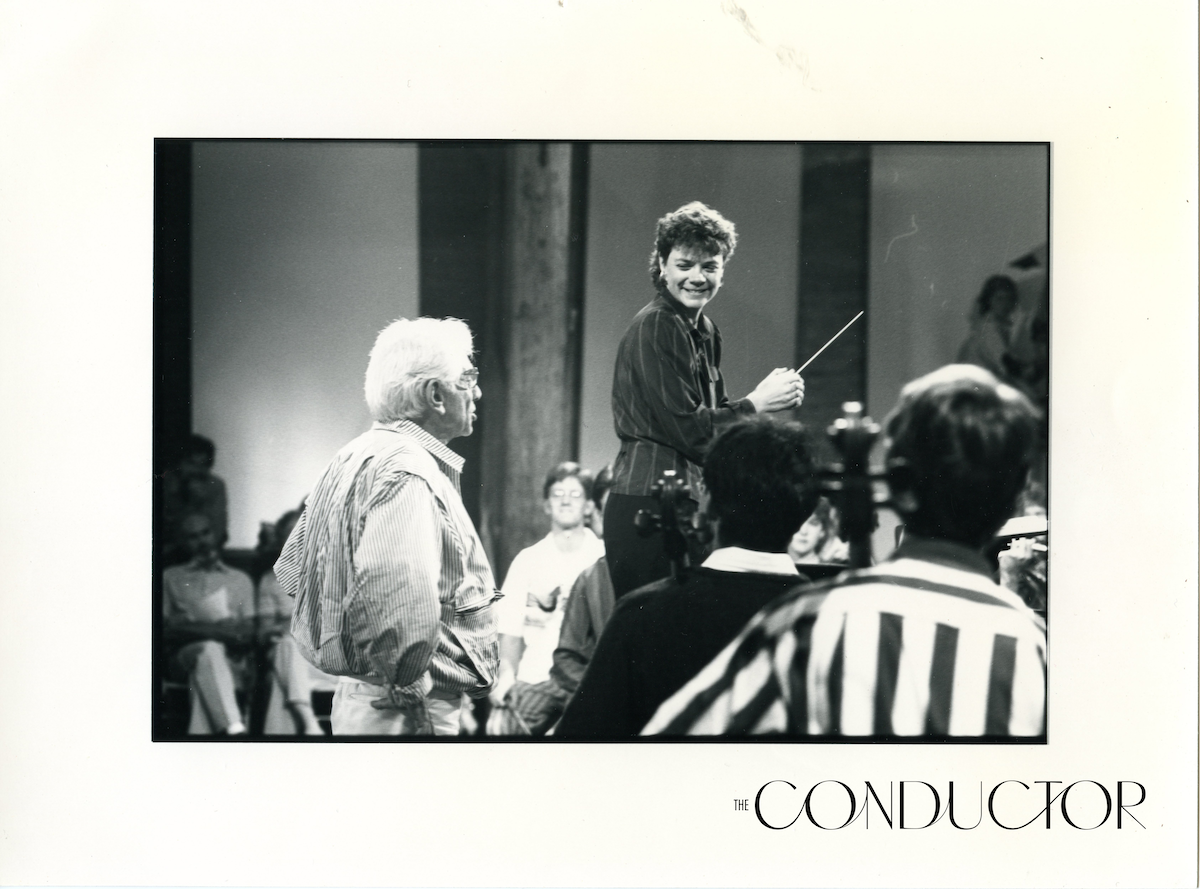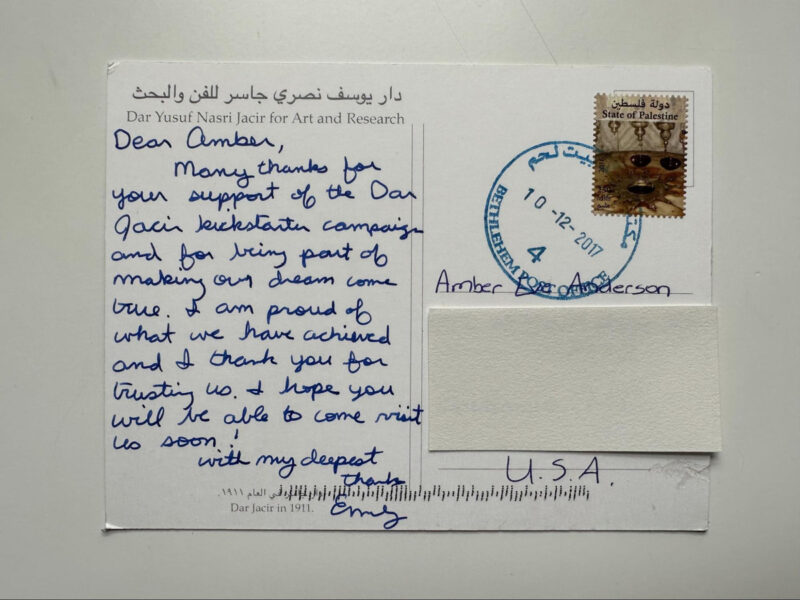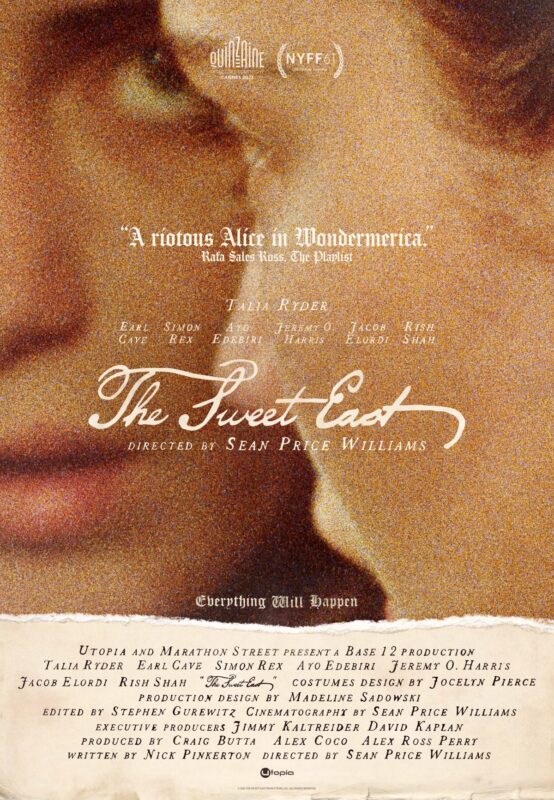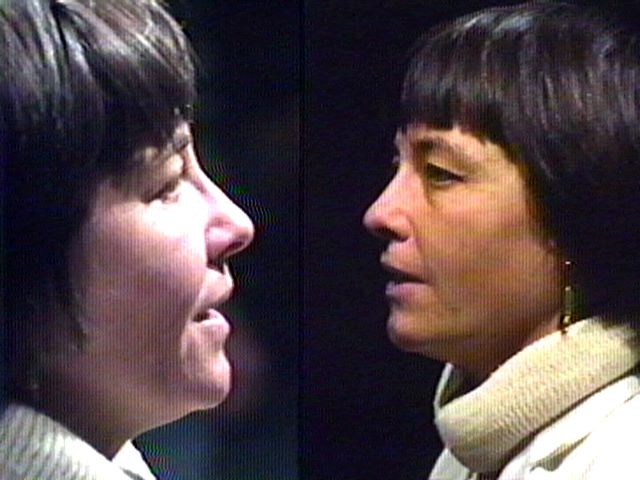The Conductor, a 2021 documentary that intimately details the life and work of Vienna Symphony Orchestra music director Marin Alsop, premieres at the Tribeca Film Festival on Monday, June 14th. Alsop previously served as music director for the Baltimore Symphony Orchestra, and at the time she was the first woman to head a major American symphony. The Tribeca Film Festival is returning to limited capacity in-person screenings this year, but thankfully there are still “At Home” screening options that will keep the premiere accessible for a larger audience.
Director Bernadette Wegenstein, a filmmaker and professor of media studies at Johns Hopkins University, met Alsop in Baltimore City, where they both live and work. An Austrian-born linguist, author, and critically acclaimed documentary filmmaker, Wegenstein’s work merges her interests in “feminist thought and human-centric storytelling.” She has directed three other documentaries, including Made Over in America, See You Soon Again, and The Good Breast.
Wegenstein grew up in Vienna and therefore “by nature with classical music,” as she describes it, which led her to the Baltimore Symphony Orchestra and to Alsop. Wegenstein was captivated by Alsop and drawn to her artistry, especially as it reconnected her with her own musical Viennese childhood. “I was completely taken by Marin’s conducting,” says Wegenstein. Alsop’s work “reconnected me with my Viennese past and that feeling that classical music—or that any music really can give you—of connecting so deeply to the emotions told in the music.” The documentary is inspired by both Baltimore and Vienna and it traverses both with the director’s own personal perspective.
